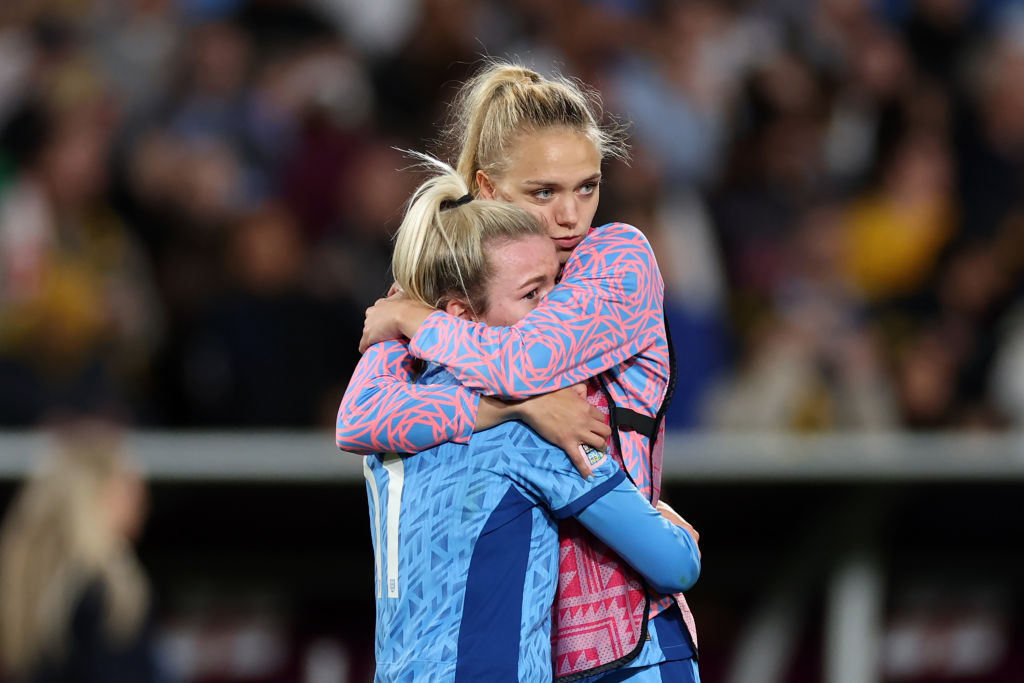
Nothing is promised, nothing is given. If we’re looking for spiritual lessons from an England football team’s first World Cup final in 57 years, that’s probably the first. You can do all the right things – you can upend decades of structural prejudice, invest in the women’s game, hire a deeply empathic and world-class manager, and nurture some of the greatest talents in the history of your sport – and still come second.
You can come second to a team whose own backstory is one of conflict, strife and player rebellion. You can come second to a team whose coach just happens to be the son of the man in charge of Spanish women’s football. It turns out that this World Cup journey wasn’t, in the end, all about you, and your triumph over adversity; it was about someone else’s.



